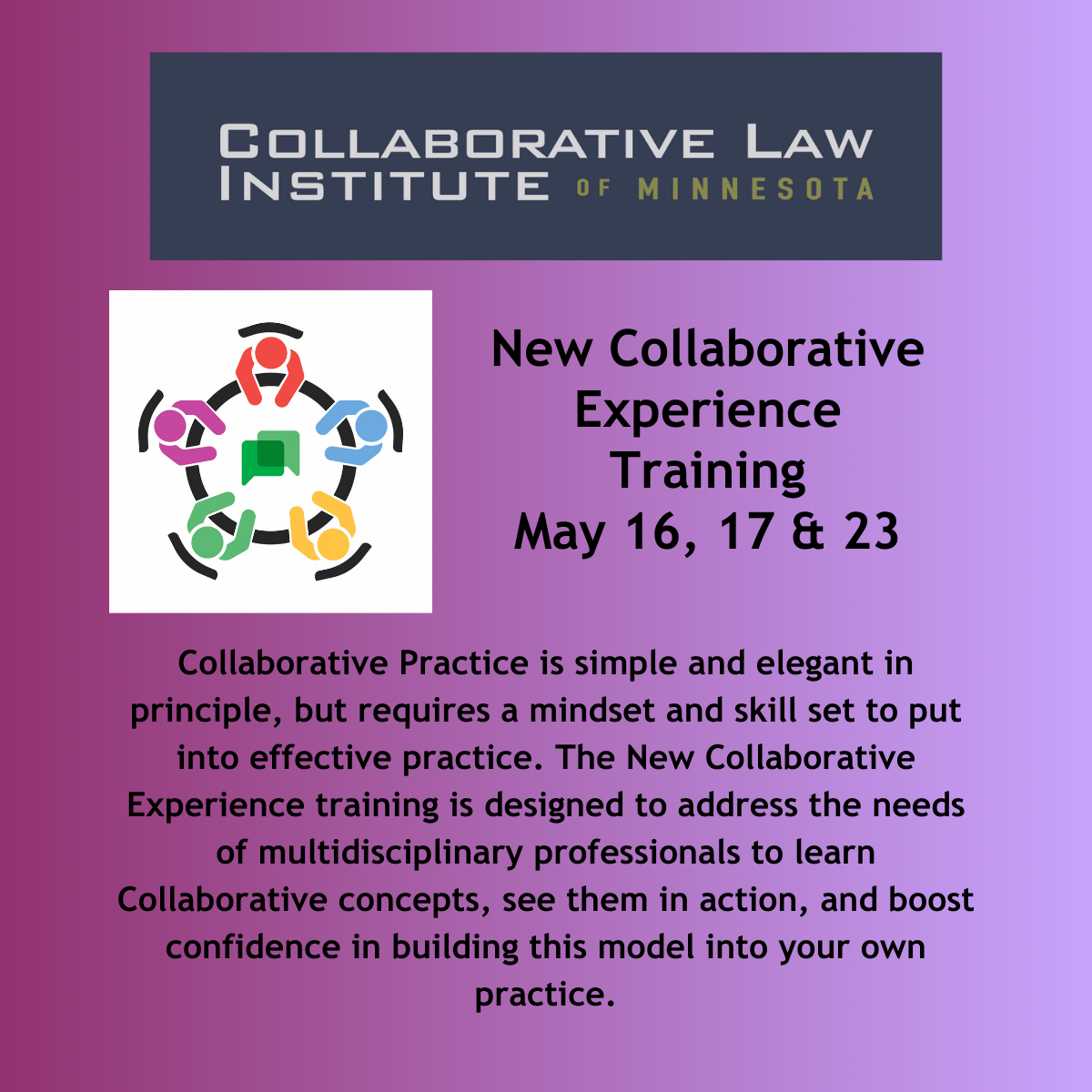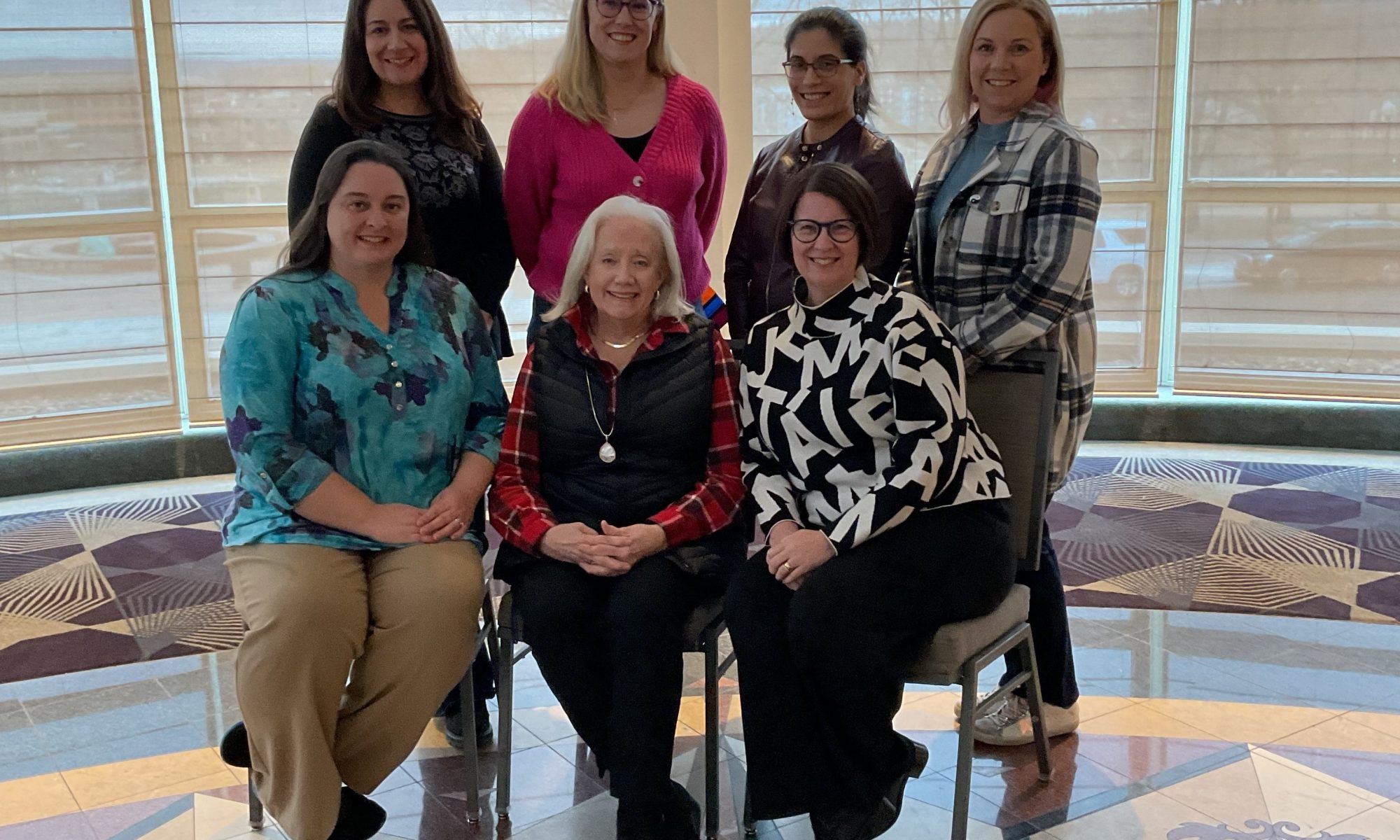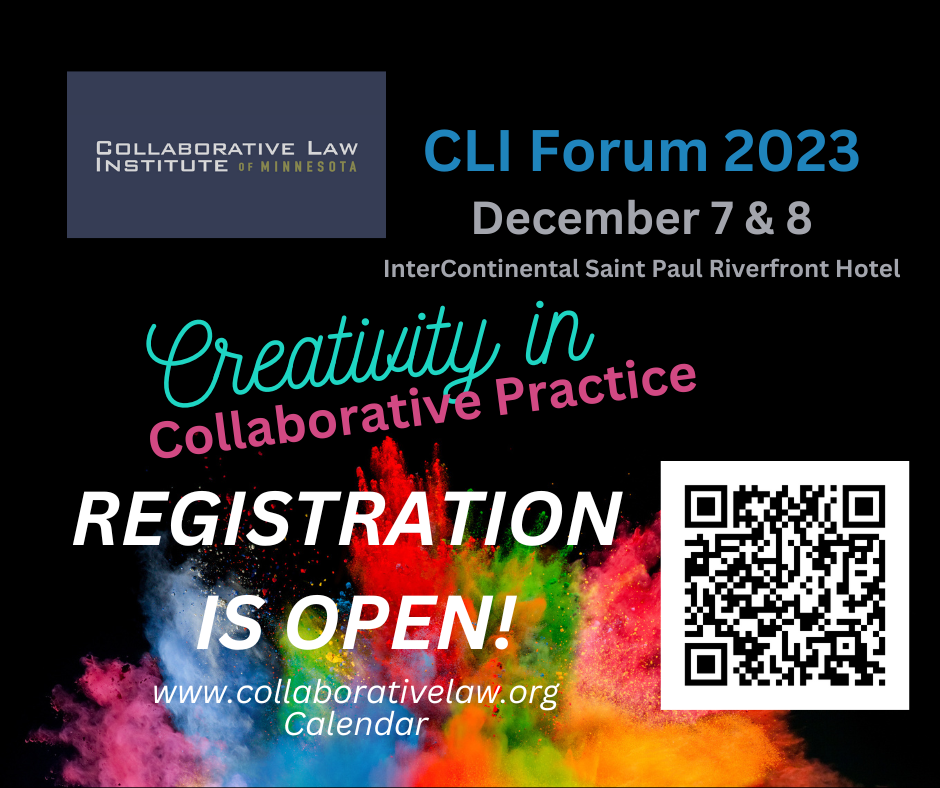Emily and Daniel were in love. Their love story had once been the envy of the neighborhood—a whirlwind romance that blossomed into a marriage filled with laughter, shared dreams, and whispered secrets. But as the years went by, cracks appeared in their fairy tale. After years of therapy, divorce was agreed upon as the next step.
At a local coffee shop, Emily consulted with Susan, an attorney who specialized in collaborative divorce, a path less traveled but one that promised healing rather than heartache.
“Emily,” Susan began, “I know this is tough. But have you considered a collaborative divorce?”
Emily sipped her latte, her eyes tracing the steam rising from the cup. “What’s that?”
Susan leaned in, her voice soft. “It’s a different approach. Instead of battling it out in court, we assemble a team—a dream team, if you will.”
Emily raised an eyebrow. “A dream team?”
“Yes,” Susan said. “Picture this: You, Daniel, and your respective attorneys. But that’s not all. We also bring in a neutral facilitator—a wise soul who guides conversations and ensures emotions don’t derail the process. And a financial expert—they’re like wizards with spreadsheets, helping us untangle the financial knots.”
Emily’s curiosity piqued. “And what’s the goal?”
“To find common ground,” Susan replied. “We sit around a table, not a courtroom. We talk, we listen, and we create solutions together. No winners or losers—just a fair resolution.”
Meanwhile, across town, Daniel met with his attorney, Ethan, who had an established divorce litigation practice. The fluorescent lights buzzed overhead, casting shadows on the carpet.
“Daniel,” Ethan said, adjusting his tie, “we’re going to court. It’s the way things are done. We serve her, file the papers and start the process of hearings.”
“But what about Emily?” Daniel asked. “We used to love each other. Can’t we find a better way?”
Ethan sighed. “This is how it works with divorce. We’ll request documents, hold depositions as needed, and present evidence. It’s a battle my friend.”
Daniel remembered the nights he’d held Emily as she cried. He wanted closure, not combat. Maybe Susan’s dream team was worth exploring.
Back at the coffee shop, Susan continued her pitch. “Emily, collaborative divorce is cost-effective. No endless court appearances, no billable hours stacking up. Plus, it’s faster.”
“But what if Daniel refuses?” Emily asked.
Susan smiled. “We’ll encourage him. And if he agrees, we’ll craft a customized settlement—one that considers your needs and the kids’ well-being.”
Back in Ethan’s office, Ethan faced Daniel. “We’ll fight for your rights, Daniel.”
Daniel glanced at Ethan’s stern face. He thought of Emily, their shared memories, and the pain they both carried. Maybe there was another way.
Emily and Daniel stood at the crossroads, their hearts heavy with choices.
The Collaborative Path:
- A team of allies.
- Solutions born from dialogue.
- Healing over hurting.
The Traditional Path:
- Adversaries in court.
- Evidence and arguments.
- Winners and losers.
As the sun dipped below the horizon, Emily and Daniel made their decision. They chose the dream team—the path of collaboration. And in that choice, they found not just a divorce, but a chance to rewrite their story.
When life hands you a divorce, consider the roads less traveled. Sometimes, the dream team can turn heartbreak into hope.
Disclaimer: The characters and events in this story are fictional. Any resemblance to real persons or situations is purely coincidental.
Note: This story is a creative representation of collaborative and traditional divorce. Seek legal advice from a professional attorney for personalized guidance.
This story was created in part with the use of artificial intelligence and in part by attorney Angela Heart.
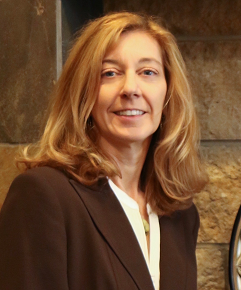 Angela Heart | Attorney
Angela Heart | Attorney
Angela is a collaborative family law attorney at Heart Law, LLC. Her mission is to enable and empower divorcing couples to have a smooth transition that is family focused during a life changing event. To find more information about Heart Law go to www.heartlaw.net.
Heart Law, LLC
651-337-1333 | angela@heartlaw.net
www.heartlaw.net




 Angela Heart | Attorney
Angela Heart | Attorney
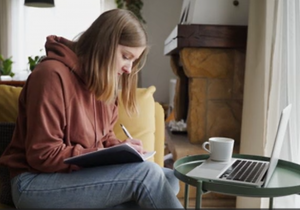
 Carl Arnold is an experienced family law attorney and mediator. He currently focuses his practice on Family Law Mediation and Collaborative Divorce. His office is in Northfield, Minnesota and he works with people from all over the state using Zoom. Carl has been a long-time member of the Collaborative Law Institute of Minnesota.
Carl Arnold is an experienced family law attorney and mediator. He currently focuses his practice on Family Law Mediation and Collaborative Divorce. His office is in Northfield, Minnesota and he works with people from all over the state using Zoom. Carl has been a long-time member of the Collaborative Law Institute of Minnesota.
